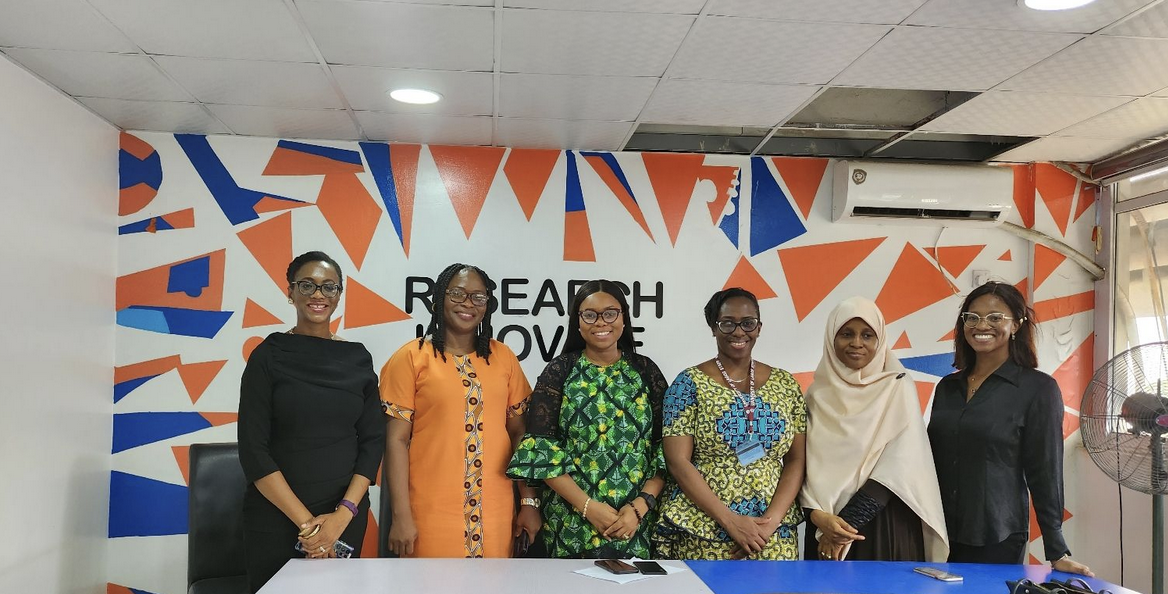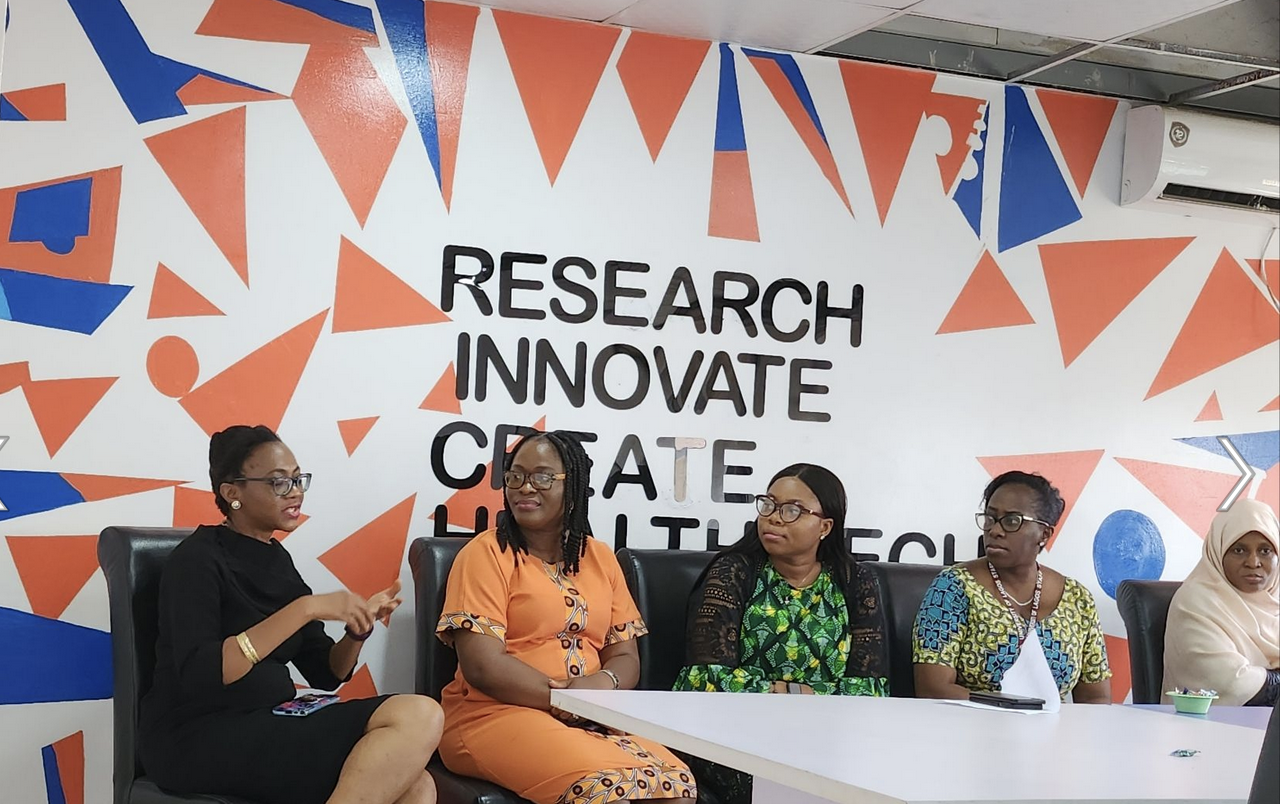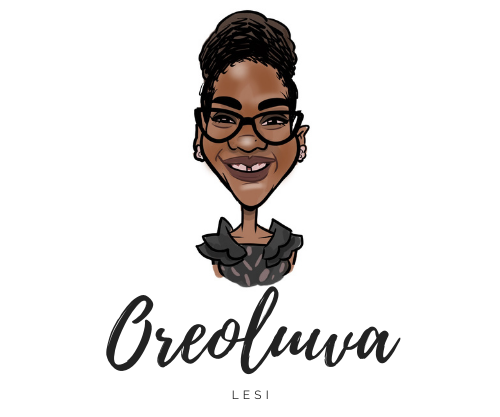Long time, no post. But I have been busy, I promise.

Me and co-panellists at the RBRR Digital Health Hub International Women’s Month event
I won’t even attempt to recap all I’ve been doing since my last post, so I will start from my recent activities in International Women’s Month. My feelings about International Women’s Day, International Women’s Week and International Women’s Month is complex. While I appreciate any reason to celebrate women (after all, we are COMPLETELY deserving of this), the rush to get on the “celebrating women” bandwagon each year is quite exhausting and doesn’t move the needle in terms of changing the bottom-line of gender equity around the world.
As March approaches, I personally start to receive invitations to speak on panels, at conferences or be interviewed by the press. I have long come to terms with the fact that publicity will be a part of my work as a leader of a women-focused nonprofit organisation. However, it feels duplicitous when some of these organisations ordinarily aren’t inclined to support our programmes with cash or in-kind donations the rest of the year. Of course, I get that corporates have their specific CSR focus, but many of them aren’t about to put money behind programmes or activities that are run by the same women they are inviting to speak at their events. Or they prefer to support vacuous events like the Big Brother shows that will give them massive media mentions that our events can’t.
My other big grouse is that many organisations do not create a budget for speakers’ fees. I have been told that I “will be speaking from my area of comfort and expertise, so will not need to do any additional preparation for this speaking engagement.”
But, dear company, please note that I am also speaking from years of hard-won work and personal experiences, not to mention any paid professional development courses that I’ve taken. That in itself is worth GOLD. And then you are also leveraging on the works of myself and other women to make yourselves look good, but not inclined to pay for our time.
Anyway, my strategy now is to vet the invitations and only accept those from organisations that are walking the talk with their commitment to pushing forward women. If I am going to speak for free, it will be for organisations that are truly committed to improving women’s lives and perhaps cannot afford a speaker’s fee.
With that said, these are some of the speaking engagements that I accepted this year. These organisations are women-led, prioritise women or have a strong focus on eliminating inequities for diverse populations.
1.) I spoke at the West Africa Civil Society Institute (WASCI) about the obstacles that restrict women’s access to and use of technology and how more West African women can harness the power of technology.
Video Link: https://www.youtube.com/watch?v=76c2XnYT6p4
2.) I joined a panel organised by Oncopadi. Oncopadi leverages technology (primarily through its app) to improve the rates of early cancer detection and survival by working to improve clinical outcomes for patients and strengthen health systems to provide holistic oncology services.
We spoke about strategies to promote inclusion for women in technology and of course highlighted how technology is already making a difference in women’s lives.
Watch the Instagram Live chat here: https://www.instagram.com/p/CpibFGupX3Q/
3.) Then I participated in a very lively conversation hosted by mPharma titled “Cracking the Code: Innovation for a gender equal future.”
Video Link: https://www.youtube.com/watch?v=nD8wXZ2VIC8
The other panelists were Kiki Mordi (an Emmy-nominated journalist and documentary filmmaker), Dr. Karen Amaniampong (an OBGYN who uses her online platforms to talk about women’s health), Dr Loretta Sarpong (Head of Commercial Banking, Ecobank Ghana Limited). The discussion, which was moderated by the effervescent Oluwaferanmi Ogundipe of mPharma, started off by our imagining what a gender-equal world would look like.
4.) It was my delight to speak at the WARIF (Women at Risk International Foundation) for their International Women’s Day webinar, which acknowledged that while technology can contribute to closing the gender gap in education and the workspace, it also exacerbates existing inequalities and power dynamics. Along with my co-speakers (moderator Nkemdilim Uwaje Begho, founder of Future Software Resources Ltd.; Fadé Ogunro founder of Bookings Africa; and WARIF founder Kemi Dasilva-Ibru) we explored how to leverage technology as a tool to advance gender equality and how to ensure a reduction in the perpetration of technology-induced violence against women and girls.
Video Link: https://www.youtube.com/watch?v=NpRksba8ObI
5.) I also spoke at the FATE Foundation IWD webinar, which was based on the theme for the year of DigitALL: Innovation and Technology for Gender Equity. In a lightening quick-fire chat, I spoke specifically about leverage technology and digital innovation for business.
Video Link: https://www.youtube.com/watch?v=RF1kjEpJkIo&list=PLfpBvEaNL3-RgLbWuozL7q348TtXsUOVW (I appear from the 38:35 mark).
6.) I joined the IWD conversation hosted by Africa Tech Radio. Along with the Managing Director, TechQuest STEM Academy, Itoro Emembolu; Co-Founder of PiggyVest, Odunayo Eweniyi; and Independent Educational Consultant, Karen Walstra, we shared our thoughts on how to get more girls into and staying in STEM across Africa.
Listen to our conversation: https://africatechradio.com/getting-more-girls-into-stem-in-africa/
7.) My final International Women’s Month event – ironically held in April – was a community meet-up for female students from the College of Medicine at the University of Lagos, which was included students of Medicine and Surgery, Nursing, Pharmacy, Medical Lab Science, and Radiography. These students are all part of #MEDILAGtecHERS, a medical tech community made up of female students and staff invested in innovation, health tech and startups. #MEDILAGtecHERS is powered by the RBRR Digital Health Hub , an academic hub advancing mobile health research and digital transformation in healthcare.
I personally was blown-away by how medical students, with what I know to be an exceptionally demanding schedule, are able to carve out time to integrate other interests with their studies. In fact, many of them were working as freelance content creators, digital marketers or founding digital startups. Bravo, ladies!!

In conversation at the RBRR Digital Health Hub community event
There were other events that I had the honour to participate in – I even spoke at a virtual event hosted in Canada – but these are the ones that I have photos or recordings of and so made the most to share.
It was an extremely busy month, but ultimately a rewarding one. The discussions were energising and gave me lots of inspiration, ideas and connections for future work. And the beat goes on… in a beautiful way.

Recent Comments